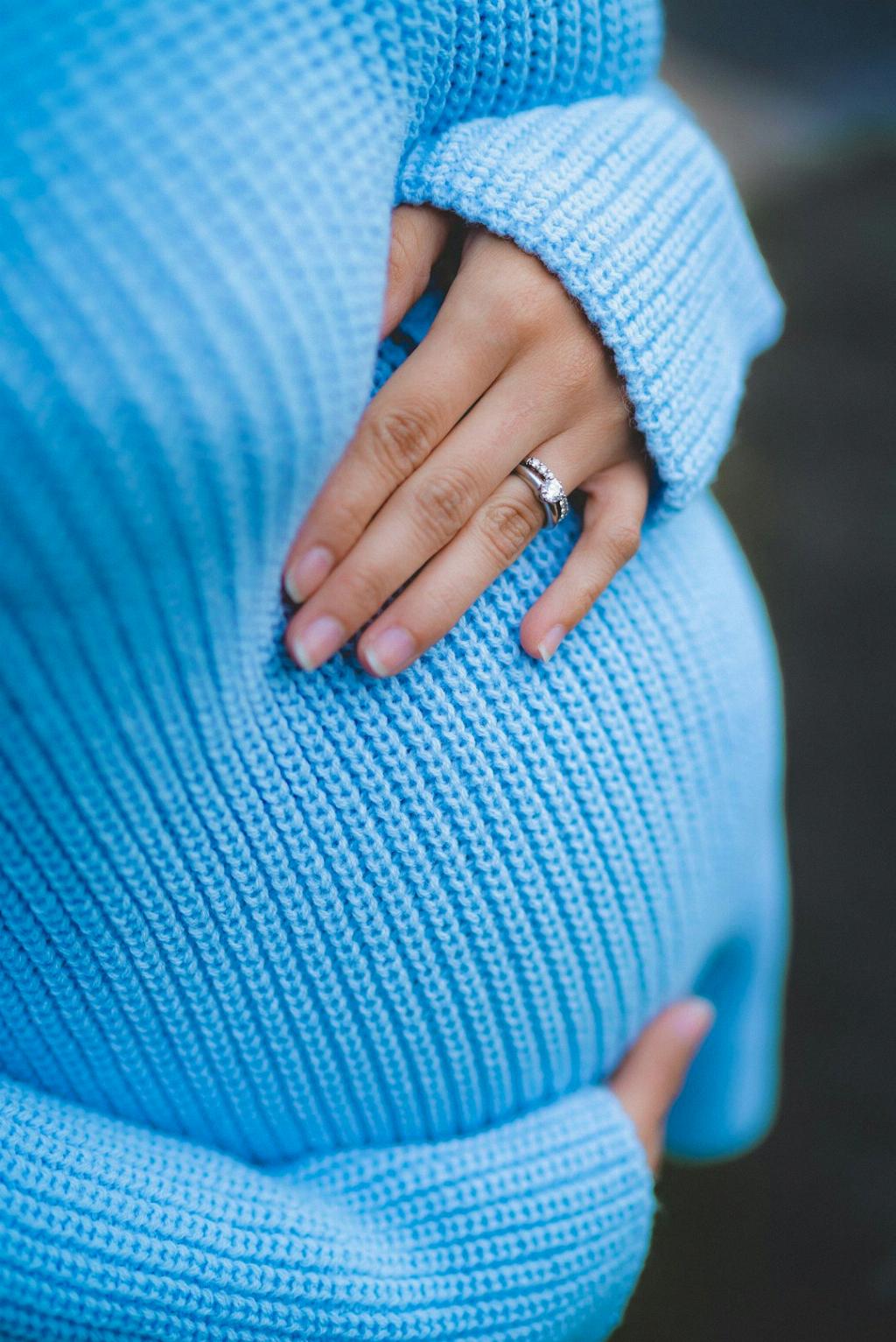Reaching the milestone of 19 weeks pregnant is an exciting time for expectant mothers as they progress through their pregnancy journey. However, along with the joys of pregnancy, there may also be moments of discomfort and concern. One common issue that many women experience at this stage is cramping.
Navigating Round Ligament Pain
When you’re 19 weeks pregnant, your body is undergoing significant changes to accommodate the growing fetus. One of the most prevalent causes of cramps during this time is Round Ligament Pain. This type of discomfort occurs as the round ligament stretches to support the expanding uterus, leading to sharp pains in the abdomen or hip region.
Identifying the Symptoms
It’s essential to recognize the distinguishing features of Round Ligament Pain to differentiate it from other potential concerns. Women often describe the sensation as a sharp, stabbing pain that can occur on one or both sides of the lower abdomen. Some may also experience discomfort radiating into the groin area.
Seeking Relief Through Movement
While cramps during pregnancy can be unsettling, there are strategies to help alleviate the discomfort. Engaging in gentle movement such as walking or stretching can sometimes provide relief by easing the tension in the ligaments and muscles that may be contributing to the cramping sensation.
Embracing Proper Hydration
Staying well-hydrated is crucial during pregnancy, as dehydration can exacerbate muscle cramps. Ensuring that you’re drinking an adequate amount of water throughout the day can help prevent cramping episodes and support overall maternal health.
Utilizing Heat Therapy
Applying a warm compress or taking a warm bath can be soothing for cramps related to Round Ligament Pain. The gentle heat can help relax the muscles in the abdominal area, easing the intensity of the cramping sensation.
Practicing Mindful Breathing
During moments of cramping, engaging in deep breathing exercises can be beneficial in managing discomfort. Controlled breathing techniques can promote relaxation and reduce tension in the body, potentially alleviating the severity of cramps.
Monitoring for Warning Signs
While cramps at 19 weeks pregnant are often attributed to Round Ligament Pain, it’s essential to be vigilant for any concerning symptoms that may indicate a more serious issue. Persistent or severe cramping, accompanied by vaginal bleeding or other worrisome signs, should prompt immediate medical evaluation.
Communicating with Healthcare Providers
Open and honest communication with your healthcare provider is vital throughout your pregnancy. If you’re experiencing cramps or any other discomfort, don’t hesitate to reach out to your obstetrician or midwife for guidance and reassurance.
Embracing Self-Care Practices
Self-care plays a significant role in promoting maternal well-being during pregnancy. Prioritizing rest, engaging in activities that bring you comfort, and practicing relaxation techniques can all contribute to managing cramps and enhancing your overall pregnancy experience.
Connecting with Other Expectant Mothers
Sharing experiences with fellow moms-to-be can provide a sense of camaraderie and support. Joining pregnancy forums or attending prenatal classes can offer opportunities to connect with others who may be experiencing similar challenges, including cramps at 19 weeks pregnant.
Embracing the Journey
While cramps during pregnancy can be unsettling, they are often a normal part of the journey toward motherhood. By understanding the causes of cramping, implementing strategies for relief, and maintaining open communication with your healthcare provider, you can navigate this aspect of pregnancy with confidence and reassurance.

